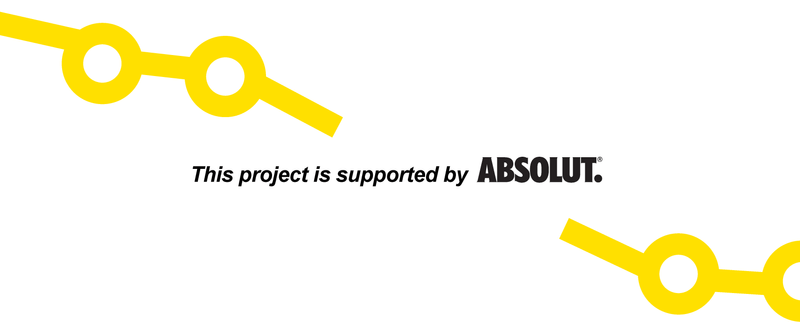The exhibition can be visited daily until September 6th.
In Iran, the government has imposed strict censorship rules on art for 45 years. As a result, artists have lost their freedom of expression. Topics such as women's bodies, Islam and protest are censored. If artists do not adhere to these rules, they are imprisoned or even executed. But after the death of Mahsa Jina Amini and other changes in Iran, artists began to resist the censorship. They dared to cross boundaries, which brought about an important change in the art community. Despite the risks, some Iranian artists now refuse to be censored. They bring light into the darkness of the night. Let's call it 'Dawn'.
About the artists
Ghazaleh Ghobadi (1981, Iran) is an artist and storyteller based in Amsterdam and has a PhD in medical physics. Growing up in Iran, Ghazaleh has experienced several invisible ways in which censorship disrupts people's authentic connection with the rest of the world. That's why she founded StreaMind and facilitates artists in Iran to create art without censorship. She believes in the power of collective efforts for change and continues to tell stories and raise socio-political issues that require attention.
Bita Dehghanzadeh (1985, Iran) lives and works in Tehran and has a BA in graphic design. Bita is fascinated by the human body and its shape. Her photography captures this fascination with nudity, light and the contrast between human bodies and the background.
Hamid Masoumi (1986, Iran) lives in Tehran and has a BEng in civil engineering. Women, their hair and their bodies are the subject of Hamid's paintings. His artwork shows the contrast between the beauty of the women's hair and bodies and the ugliness of the life imposed on them in Iran.
Narges Taslimi (1987, Iran) lives and works in Isfahan and has an MSc in animation and more than ten years of teaching experience. Narges has created several short animations and participated in several festivals and exhibitions in Iran. Narges believes that when the darkness of censorship casts a shadow over a country and free expression of ideas is prohibited, art begins to talk. As a mother and art teacher, Narges uses art to tell the story of the dark days.
Masoud Shakarami (1986, Iran) lives in Tehran and has a BA in dramatic literature from the University of Tehran. Masoud has been working as a playwright, director and actor since 2006 and has been nominated for and won several awards as a playwright and actor. Masoud has focused his studies on mythology and mythological literature and is one of the pioneers in creating art that crosses the censorship line in Iran.



